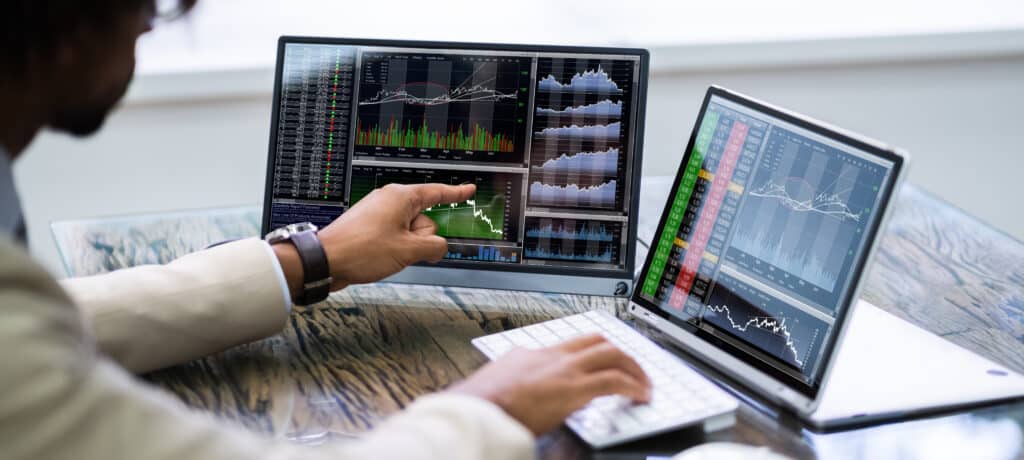When Satoshi created the first distributed ledger in 2009, few expected that it would give rise to one of the biggest financial markets. More than a decade later, thousands of coins and tokens that fuel various blockchain ecosystems exist.
The total cryptocurrency market capitalization surpassed $2 trillion for the first time this year, and trading volumes on exchanges continue to soar.
The vast number of cryptocurrencies and exchanges in existence make trading very lucrative and accessible. Cryptocurrency traders can capitalize on their volatility to make profits. Over the years, trading platforms have introduced advanced trading tools and new financial instruments to further expand options.
Derivative trading commenced in the cryptocurrency market with the launch of bitcoin futures in 2017. Traders could profit off price speculations by agreeing to buy or sell bitcoin at a particular price on a later date. The success of bitcoin futures led to introducing Ether futures, which debuted on the Chicago Mercantile Exchange (CME) this year.
The explosive trading volume recorded on cryptocurrency derivative platforms unlocked a new phase in the development of digital currencies. It was no longer a question of how long cryptocurrencies will exist, but how soon they will reach maturity. In the quest to achieve this, trading services providers have developed advanced trading tools and interfaces to enhance trading experience and to further close in on more established financial markets.
While the hype has attracted thousands of new traders, only a few have attained expert trading level. One of the biggest setbacks is the steep learning curve and complexity. This makes it difficult for new traders to profit from the market.
A new trading ecosystem is being developed by Diabolo to address these shortcomings. The trading ecosystem is a fusion of centralized finance, decentralized finance and staking services. It aims to help novice traders make profits from the markets by relying on the expertise of more experienced traders. Diabolo achieves this through copy trading.
Copy trading allows anyone to copy the positions taken by expert traders with the amount they wish to invest in each trade. This phenomenon gained popularity amongst traders who copied algorithms designed for automated trading as far back as 2005.
Since then, brokers have incorporated copy trading as a way of encouraging new traders. It initially gained popularity in the foreign and stock exchange markets until trading platforms like eToro introduced copy trading to the cryptocurrency world.
By integrating decentralized finance, Diabolo is pioneering a new evolution in cryptocurrency copy trading.
Diabolo’s social trading ecosystem revolves around five core services–Dtrading, Ddextrading, Dcarewallet, Dperformances and Dstacking. The Ddextrading is a decentralized cryptocurrency trading platform. It is one of the first practical attempts to introduce DeFi to copy trading.
Diabolo CEO, Julien Onnen discussed the impact of decentralized finance on copy trading.
“Thanks to DeFi, new copy-trading tools consistent with decentralised finance are being developed to complement centralised copy trading. Our Ddextrading service offers a decentralised exchange platform. This crypto DEX will be compatible with the centralised trading service, thus making decentralised copy trading possible.” He said.
The concept of decentralised finance forms the basis of many innovative solutions and has shown how we can carry out transactions without depending on central intermediaries. Trivial as this may sound, deFi is fast becoming a catalyst for disruption in fintech, healthcare, logistics, etc. In cryptocurrency trading, decentralized finance will nullify the need for third party brokers that increase costs and reduce efficiency through the use of smart contracts.


